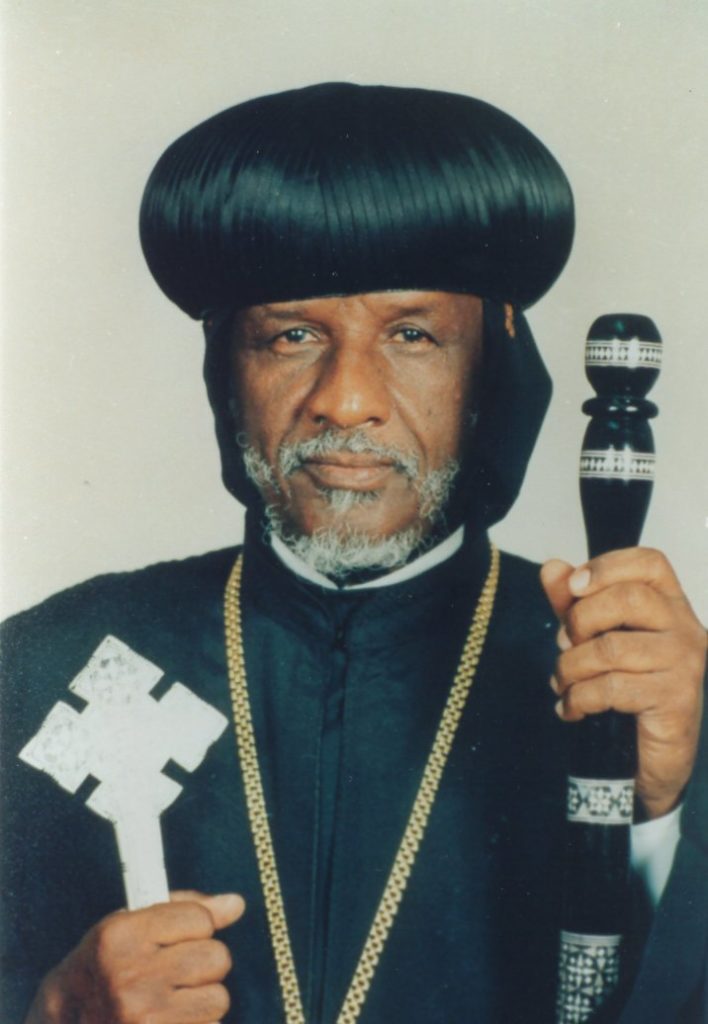
The number of Eritrean Christians arrested since the beginning of May has risen to more than 120, according to charities Open Doors and Christian Solidarity Worldwide (CSW).
World Watch Monitor first reported on the fresh wave of arrests on 26 May, at which stage over 90 people had been arrested. Now a further 22 arrests have been confirmed at the end of May and the beginning of June.
Seventeen Christian men were arrested in the Godaif neighbourhood of the capital, Asmara, on 28 May. A further five Christians were taken from their homes in Dongolo on 6 June.
Open Doors reported that this brings the number to at least 121 since the beginning of May. CSW has the number at 122.
Evangelicals and Pentecostals have been at particular risk in Eritrea since a 2002 law was passed prohibiting Christian practice outside the Orthodox, Catholic and Evangelical Lutheran denominations, and also Sunni Islam.
The fresh wave of arrests began in the days leading up to Eritrea’s Independence Day, 24 May. Many Christians find themselves under added scrutiny around the time of Independence Day celebrations because they are reluctant to participate in ceremonies that go against their conscience.
A source told World Watch Monitor that 49 Evangelicals were arrested outside the capital, Asmara, on 21 May at a post-wedding celebration called a “Hamauti”, which takes place a week after the wedding at the home of the newly-weds and enables the parents-in-law, friends and other relatives to eat, sing, dance and pray together. The couple, Tedro Negel and his wife, in their late 20s, were among those arrested.
On 17 May, security officials arrested more than 35 Christians from their homes in Adi Quala, a market town 16 miles (25 km) from the Ethiopian border, in the country’s Southern Region. They are being held in different cells in the local police. The arrests came after security officials with representatives of the Orthodox Church started a compulsory house-to-house search on 15 May.
A group consisting of an Orthodox Church official, an assistant, a local administration officer and a security official visited all the homes in Adi Quala. They told the residents they were verifying food vouchers, but when residents presented their vouchers, the officials insisted that all family members assemble and indicate whether they were Muslim, Jehovah’s Witnesses, or members of the Orthodox Church, Lutheran Church, Catholic Church or Pentecostal Church. The next day the security officers went door to door in Adi Quala to arrest all who indicated that they were Pentecostals.
A source told World Watch Monitor that similar searches were conducted in several parts of the Central Region, adding: “Those who identified themselves as Pentecostals in the Central Region have not been arrested but the level of fear amongst the believers has greatly increased.”
On 9 May, officials arrested ten Christians from a home in Ginda, north-east of Asmara. Sources said neighbours had reported to local leaders in the town that Christians were holding meetings there.
Since the 2002 law, members of outlawed churches have taken to meeting in secret in people’s homes, but are targeted by the authorities. Over the past 15 years, countless homes have been raided and local sources estimate that hundreds of Christians are being held for long periods in Eritrea’s prisons, while thousands have been held for shorter periods.
Christian Solidarity Worldwide has listed at least 28 Christians who have died during their incarceration or shortly after their release as a result of their harsh treatment in prison or of the withholding of medical treatment to religious prisoners. Christians who have been imprisoned recount facing torture, hard labour and being held in filthy conditions and given insufficient food. Some have been held in metal shipping containers – and although researchers at Open Doors said they are not aware of any Christians currently held in shipping containers, journalists and opposition politicians are held in those. They continue to face extreme heat during the day, freezing temperatures at night, and a lack of oxygen, hygiene and privacy.
Many Christians who are jailed are released only after admitting to having broken the law that prohibits Christians from gathering outside registered and recognised groups. Sources explain that, depending on the prison head at each location, prisoners are asked to sign one of two agreements. Either they promise not to engage in unlicensed religious activities, which many are happy to sign, or they are asked to renounce their allegiance to Christ. Those who refuse to sign can be held for years, even decades.
Eritrea is ranked as the tenth most difficult country in which to be a Christian, according to the 2017 Open Doors World Watch List.